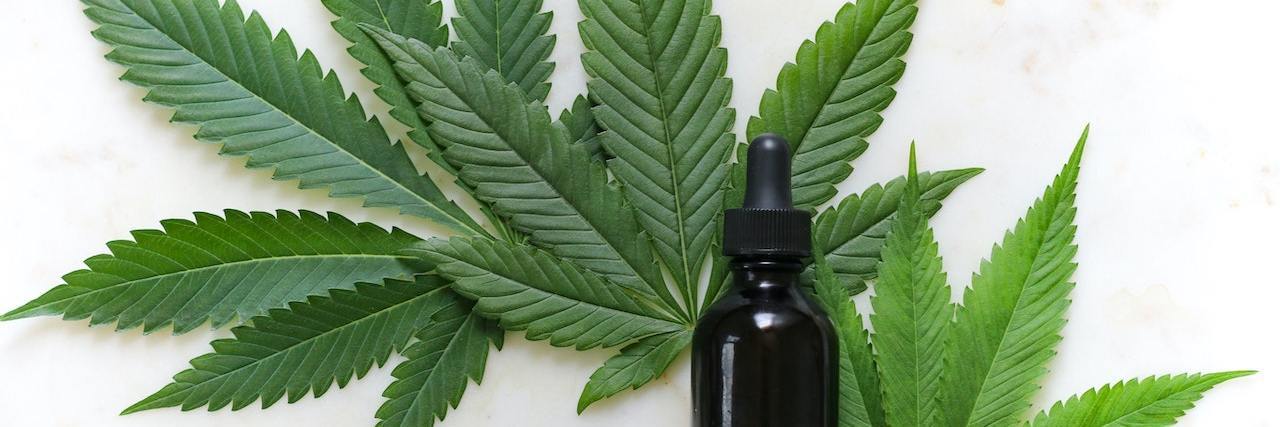What’s the latest: A new study published in the Journal of Affective Disorders found that people with post-traumatic stress disorder (PTSD) who used cannabis reported a significant reduction of their core symptoms. Participants included more than 400 people with PTSD who tracked their cannabis use and symptom severity using the app Strainprint. The study only measured those who used cannabis through inhalation, such as vaping, smoking or dabbing.
- Participants in the study reported cannabis reduce intrusive thoughts by 62%; flashbacks by 51%, irritability by 67% and anxiety by 57%
- Researchers found that cannabis reduced PTSD symptoms in the moment, but those it didn’t reduce people’s symptoms over the longer term period of the study
- It’s important to keep in mind all aspects of the study were self-reported by participants, including PTSD diagnosis, so additional research is needed
- The study also excluded cannabis oils, tinctures and edibles, which are more often used for health-related symptoms
The study suggests that cannabis does reduce symptoms of PTSD acutely, but it might not have longer term beneficial effects on the underlying condition. — Carrie Cuttler, lead author
The frontlines: Post-traumatic stress disorder (PTSD) is a mental illness that typically occurs after surviving a significant trauma such as abuse, war or a natural disaster. Those with PTSD typically experience symptoms such as reliving past trauma as if it were happening in the present, avoiding any reminders about past trauma, having debilitating negative thoughts or beliefs, and experiencing hypervigilance.
- Approximately 70% of people in the U.S. will experience a traumatic event at least once in their life, and 20% of those will develop PTSD
- An estimated 8.7% of Americans will be diagnosed with PTSD at some point in their lives, and 3.6% of the population struggles with PTSD in any given year
- Women are twice as likely to be diagnosed with PTSD than men
How to get help: If you’re struggling with PTSD, know you’re not alone and help is available.
- Treatments such as therapy, medication or a combination of both can help reduce your symptoms along. Here’s one way to search for a therapist.
- Learning tools such as grounding exercises, breathing practices and others can also help calm your fight-flight-freeze-fawn trauma response in the moment. For examples, click here.
- Reaching out to loved ones for support can also be really helpful, especially when you’re having a bad day. Here’s a guide on how they can help.
Get more on mental health: Sign up for our weekly mental health newsletter.
A Mighty Voice: Our contributor, Chelsea Parker, shared what her experience recovering from PTSD is like. “It’s hard work, and I feel like I’m drowning in my tears a lot of the time, but it’s worth it because I know it won’t always be this way. If I put in the work, I’ll live a life not haunted by nightmares, flashbacks, anxiety and hypervigilance. If I do the work, I’ll be happy and at peace.” You can submit your first person story, too.
From Our Community:
More helpful thinking: Researchers in the new study noted that the cannabis plant is a source for 120 cannabinoids, 250 terpenes and about 50 flavonoids, all of which can have an impact on the body. Two of the most common cannabinoid in use today include CBD and THC, and they are available in many combinations and formulations. If you want to try CBD for your health and aren’t sure where to start, here’s what you should know.
Other things to know: For more insight into using CBD for your health, these Mighty articles may help:
Header image via Kimzy Nanney/Unsplash

